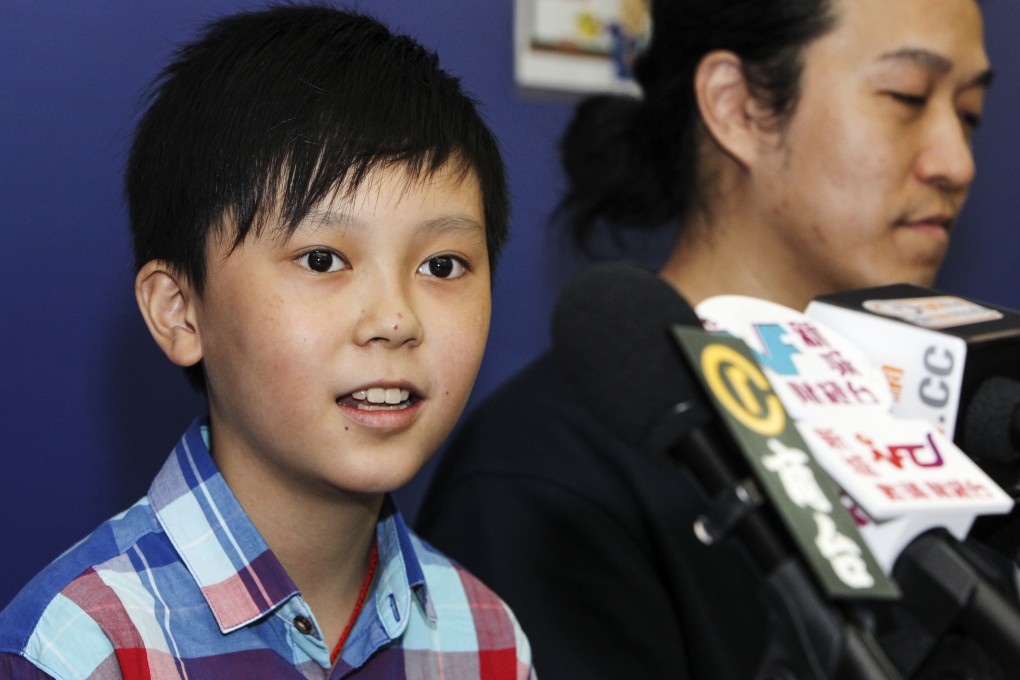Children's interests must be paramount in schooling debate

Parents complain much about Hong Kong's education system. But few go to the extremes of stopping their children from attending school. The story of a 43-year-old man seeking schooling exemption for his 11-year-old son, Nathan Lee For-shing, has therefore raised eyebrows. While his frustration is probably shared by many parents, it is not a justification to snub the system.
The father had approached at least 10 primary schools since his son arrived from the mainland in May. Having failed to secure a place, he sent him to a memory training centre, which is offering a HK$1,900 per month tailor-made course for the boy. The father was convinced that his son could not develop his potential under what he called a spoon-feeding system, and made the case known in a press conference with the centre.
Nathan is not the only child who finds unorthodox learning more interesting. But the law does not give parents a choice. Under the Education Ordinance, parents who refuse to send their children to school without good reason face a fine of HK$10,000 and three months in jail.
While the law is clear, there is much leeway when it comes to enforcement. There seem to be cases in which individual parents have been unofficially allowed to teach their children at home. The Education Bureau only said about 30 cases of home schooling were under investigation, but did not explain the assessment criteria used. This gives the impression that home schooling can somehow be tolerated. Officials should clear the air if this is not the case.
Home schooling has become popular in some countries. It would not be surprising if more local parents are willing to give it a try. But like it or not, university admission and career opportunities are still based on the conventional system. Those daring to try out the untested formula are putting their children into an unknown realm that has yet to gain wider recognition in mainstream society. Parents should weigh carefully and make decisions in the best interests of their children.
